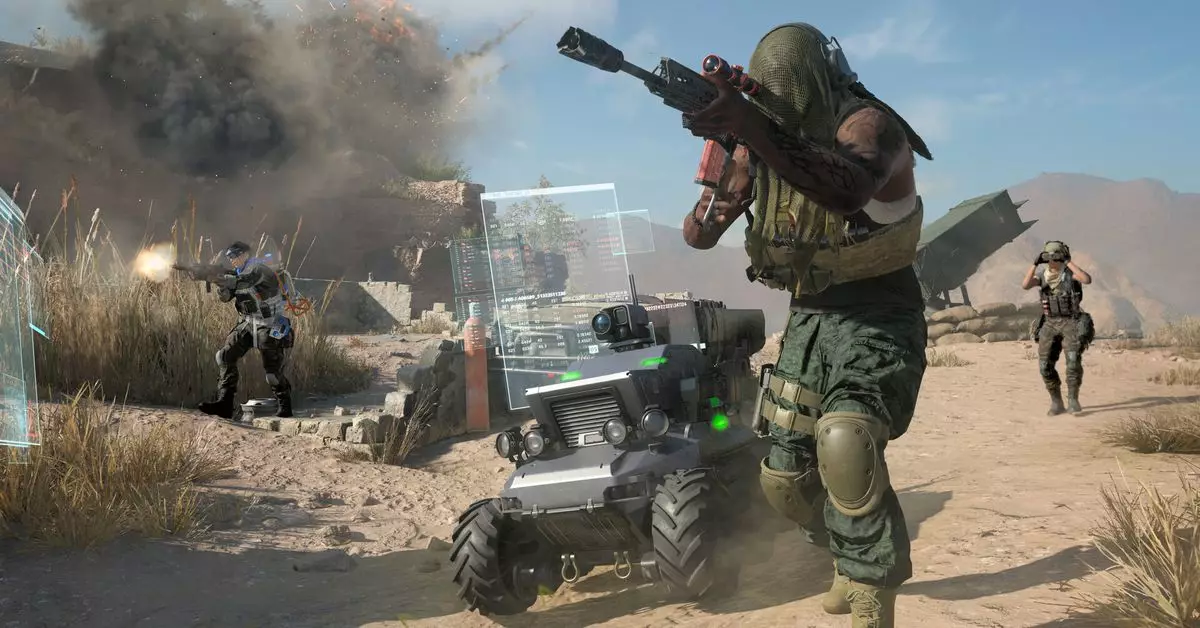The recent lawsuit filed by the families of the victims of the Uvalde, Texas school shooting against Meta and Call of Duty developer Activision has once again brought up the long-debated issue of whether video games can lead to real-world violence. The families claim that the companies promoted the use of firearms to underage boys, ultimately influencing the shooter to carry out the tragic incident. This is not the first time such allegations have been made against video game companies, and it raises important questions about the role of these companies in shaping the behaviors of their players.
The lawsuit alleges that the shooter, an 18-year-old named Salvador Ramos, played Call of Duty obsessively and developed skills as a marksman through the game. It also claims that the game features the same type of weapon used in the shooting, further reinforcing the connection between video games and real-life violence. Moreover, the lawsuit points out that the shooter was exposed to aggressive marketing on Instagram that glorified combat and the use of firearms, further normalizing these behaviors for him.
In addition to targeting video game companies, the families of the victims are also suing Daniel Defense, the gun company that manufactured the AR-15 used in the shooting. The lawsuit alleges that the company promoted its weapons to minors on Instagram, highlighting the role that social media platforms play in disseminating harmful content to young and impressionable individuals. While Meta has rules in place to prevent the sale of guns on its platforms, the shooter was able to purchase the weapon directly from Daniel Defense’s website, circumventing these restrictions.
The Legal Implications
The lawsuit raises important legal questions about the liability of platforms like Meta and game developers like Activision in cases of real-world violence linked to their products. While Section 230 of the Communications Decency Act generally immunizes platforms from civil lawsuits arising from user-generated content, targeted advertising presents a gray area that may hold these companies accountable. It will be interesting to see how the court navigates these complexities and determines the extent of responsibility that should be placed on these companies for the actions of individuals who engage with their content.
The issue of whether video games can incite real-world violence has been a contentious one, with politicians often quick to blame games for tragic events like school shootings. However, research has consistently shown that there is no direct causal link between playing video games and committing violent acts. Despite numerous attempts to hold video game companies accountable for the actions of perpetrators, these lawsuits have largely failed in court. It is crucial to approach this debate with a critical eye and rely on empirical evidence rather than anecdotal claims.
The lawsuit filed against Meta, Activision, and Daniel Defense sheds light on the complex relationship between video games, social media, and real-world violence. While the allegations made by the families of the Uvalde victims are serious and warrant consideration, it is essential to evaluate them within the broader context of existing research on the impact of video games on behavior. As this case unfolds in the legal system, it will be important to keep a close watch on the implications it may have for both the gaming industry and the regulation of online content.


Leave a Reply